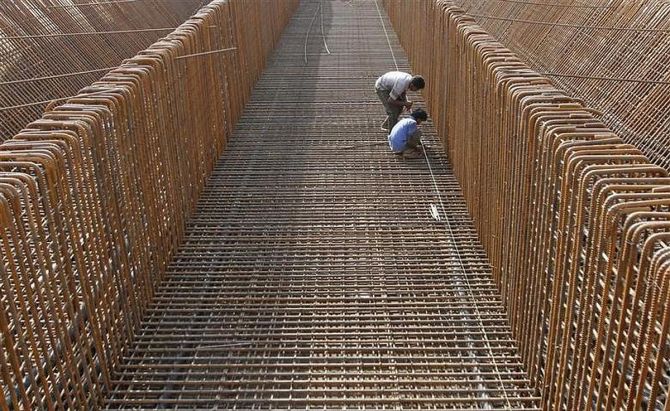A Covid widow, who lost her job due to the pandemic, saw her five children being admitted to a hospital in Aligarh on June 15 for apparently going without food for days, according to PTI.

After the news surfaced, district magistrate Chandra Bhushan Singh rushed a team of officials to investigate the matter and extend relief.
The report said that after losing her job, Guddi ‘s eldest son Ajay (20) started working as a daily wage construction worker but due to the lockdown in April during the second wave of coronavirus, he, too, lost his job and all sources of income dried up.
Guddi is not alone.
According to the latest report from Stranded Workers Action Network (SWAN), a voluntary effort started in March 2020 to mobilise relief for stranded migrant workers, almost 92 per cent workers, whom the group contacted between April 21 and May 31, had not received any money from their employer.
This was after restrictions were imposed and work had stopped.
The survey, which was conducted among 1,396 worker groups, adding up to 8,023 people that included 4,836 women and children, showed that 76 per cent of the workers had less than Rs 200 left with them.
Also, 6.34 per cent of the workers were not paid their pending wages for completed work and 13 per cent of them were paid only partially.
It also showed that around 56 per cent of workers reported that their work had stopped for more than a month.
Sixty per cent of the callers in the SWAN survey comprised daily wagers, like Guddi, while 6 per cent were non-group based daily wage earners like drivers, domestic helps and so on.
Around 16 per cent were self-employed.
Advocating a holistic approach to deal with the humanitarian crisis inflicted due to the Covid lockdowns, SWAN said that beyond the necessary focus on vaccination and health systems, a rapid macroeconomic recovery requires an urgent response in the form of a national relief and recovery package to (a) protect life, (b) partially compensate for lost livelihoods and income, and (c) boost demand in the economy for faster overall recovery.
The measures suggested by the group include expanding the free foodgrains scheme to non-ration card holders till November 2021, undertaking cash transfers of Rs 3,000 per month for the next six months to the poor and expanding MGNREGA work entitlements to at least 150 days along with initiating immediate public work programmes in urban centres.
“For income, the proposed crisis cash transfer must leverage existing direct benefit transfer systems (NREGA, PM-KISAN, PMJDY, NSAP) with new decentralised systems of direct distribution from ration shops, post offices, panchayats and other local institutions,” SWAN said.
It said the proposed income transfer will cost the central government an additional Rs 4.44 trillion, or 1.97 per cent of the projected 2021-22 GDP.












 © 2025
© 2025